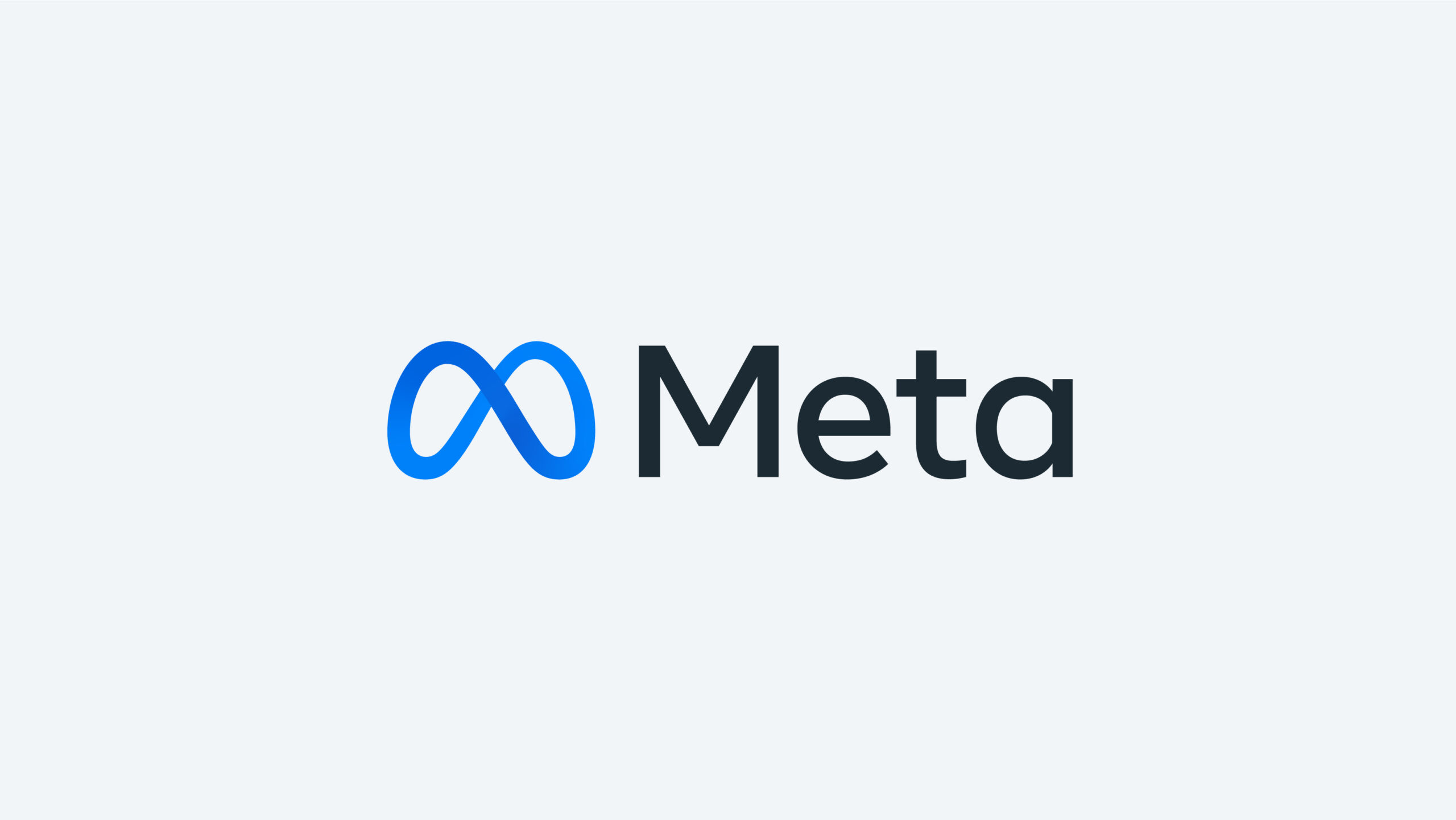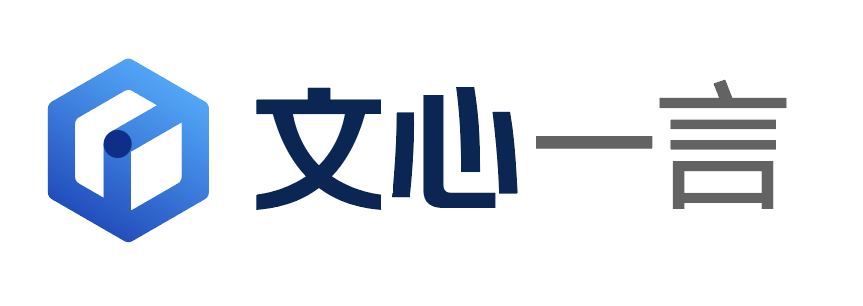
Mark Zuckerberg promised to make 2023 a ‘year of efficiency” and has started fulfilling that promise. Just months after Meta embarked on its last mass layoff, the company plans to do more. According to reports, Meta has plans to fire thousands of employees starting this week.
Meta incurred a lot of money on its big metaverse visions while the resulting revenue was reduced because of rising competition and recession. As a result, it has been trying to reduce costs since mid-2022. Meta’s strategy of selling blue ticks to users will not be enough to compensate for it all.
Summary of Meta’s jobs shuffle
November 2022: Last November, Meta cut down its workforce by 13%, eliminating 11,000 roles to enhance efficiency and reduce costs. It was the first time the company embarked on large-scale layoffs 18 years ago when Facebook was founded.
January 2023: Meta revoked full-time job offers while reevaluating its hiring needs. According to a tweet by Gergely Orosz, an engineer and writer, the decision affected about 20 graduates in London.
February 2023: Meta, in its bid to be more efficient, started “flattening”, which required many of its directors and managers to either move to individual contribution jobs or leave. In addition, it is planning another round of layoffs and delays in setting team budgets.
Culling the Metaverse
Apart from all the wages, the metaverse is another vacuum draining Meta’s money. Right after the pandemic, Mark Zuckerberg started placing the metaverse as the next-generation technology highly dependent on virtual reality. He created a world that makes use of VR. This led to rebranding and a change of name. Now, the parent company of Facebook is Meta. Billions of dollars were spent on this investment.
Meta had an innovation described as a “social universe”, Horizon Worlds, that enabled the exploration of virtual worlds. Even though Zuckerberg claimed that it was more than a poor-quality video game, people refused to explore it.
Meta reportedly has plans to make Horizon Worlds available to teenagers. However, US senators are planning to oppose this move. To boost their work, Meta is gradually moving towards a high-level product that focuses on generative AI.
Facebook places attention on ChatGPT-like AI
On Feb 24, Meta introduced the Large Language Model Meta AI. The software creates content and summarizes data by gathering large amounts of text.
“In the short term, we’ll focus on building creative and expressive tools. Over the longer term, we’ll focus on developing AI personas that can help people in various ways.”
Mark Zuckerberg, Meta CEO
Presently, what is left of the metaverse is the hardware-the headsets used mainly by crypto fans and gamers.
Figures dash Meta’s metaverse dreams
- 42% of the 1000 Meta workers that were surveyed in October 2022 did not meet Meta’s metaverse dreams.
- Division housing Metvere projects and reality labs lost $24 billion in 2022 and 2021.
- Meta’s invested about 80% and a little more in its main applications- Whatsapp, Instagram, Facebook and Messenger.
- The current market share of the once trillion-dollar company is $562 billion.
- As Meta brings its Quest Pro VR in line with that of competitors, the price in the US and Canada fell to $1000.
- 20 units of Quest line have been sold, but a question on how often it is being used should be asked.



